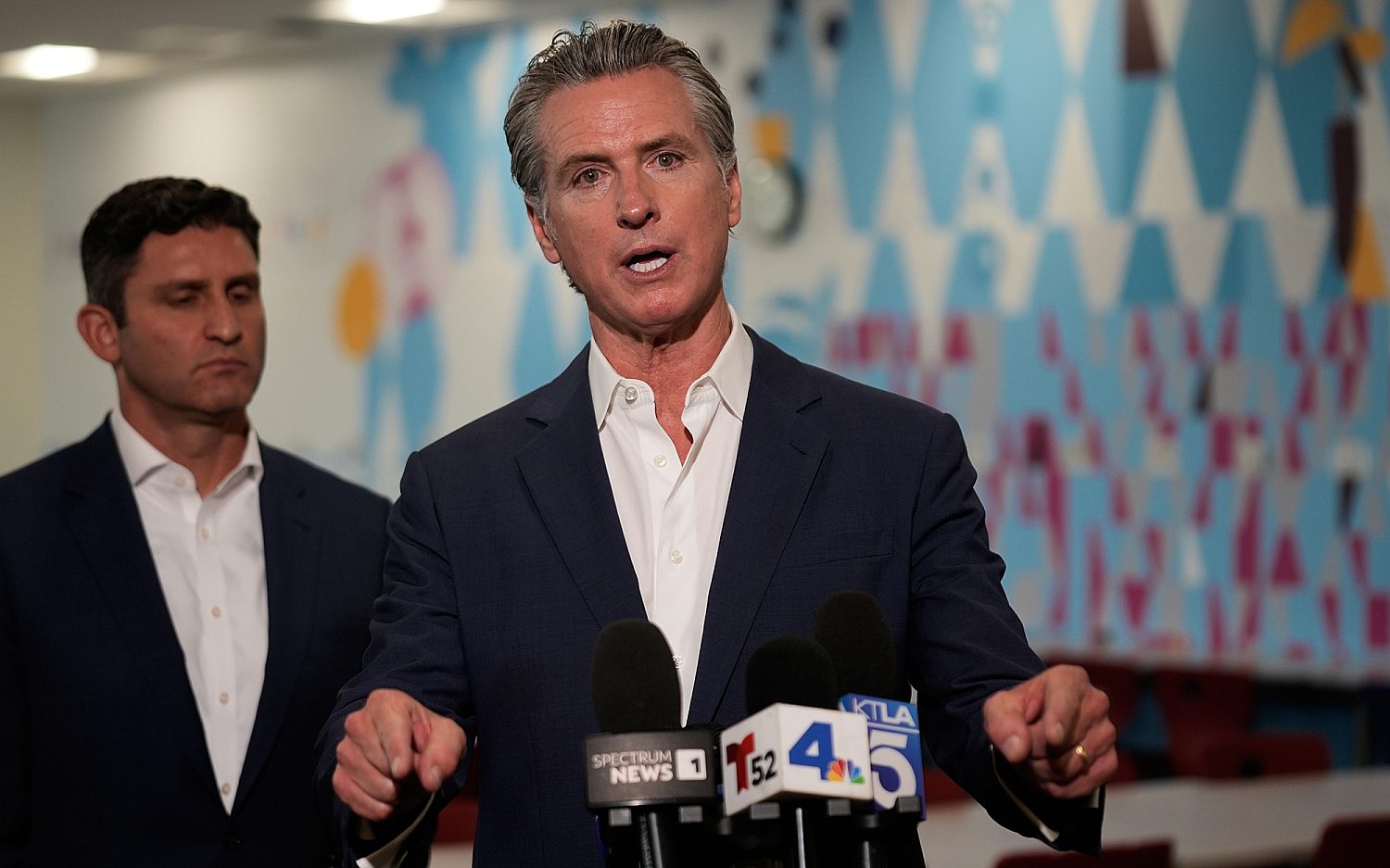Texas Supreme Court to rule on religious liberty case involving Native Americans
The highest court in the Lone Star State will rule on whether San Antonio would violate Native Americans' right to free exercise of religion if it temporarily closes part of a local park that a local religious group views as sacred. The Lipan-Apache Native American Church claims to engage in religious practices that merge Christian and traditional Lipan-Apache beliefs, according to court documents. As a result, the group says its religious ceremonies will be hindered if San Antonio shuts the park down. The city also plans to remove over 80% of trees from the sacred section of the southern Texas park known as Lambert Beach, which leaders of the religious group argued would also inhibit their worship. Tree removal is necessary to prevent bird nesting and failing infrastructure, both of which cause a health hazard, city officials claimed. Plaintiff Gary Perez told Religion News Service that removing the trees and birds would destroy the spiritual ecology of the sacred ground. He compared it to trying to understand the New Testament of the Bible while being unable to reference the Old Testament.
What makes this a landmark case? The plaintiffs’ argument hinges on a state amendment enacted after the COVID-19 pandemic that bars state or local officials from issuing orders that stop or limit religious services. This would be the first ruling to interpret the bounds of the untested amendment, according to the government’s merits brief.
How will the city argue to close the park if religious services are constitutionally protected? The government asked the court to interpret how the state amendment’s application would change depending on the type of limitation the government imposed. Attorneys for the city also asked the court to interpret whether the government’s interests and intentions behind the limitation would affect how the amendment is applied.
The court’s panel of eight justices and one chief justice heard oral arguments from both sides last week but has not indicated when a ruling may be issued.
Dig deeper: Read Alexandra Ellison’s report on the Canadian government settling with a church that sued over the government’s restrictions on religious services during lockdown.
An actual newsletter worth subscribing to instead of just a collection of links. —Adam
Sign up to receive The Sift email newsletter each weekday morning for the latest headlines from WORLD’s breaking news team.




Please wait while we load the latest comments...
Comments
Please register, subscribe, or log in to comment on this article.